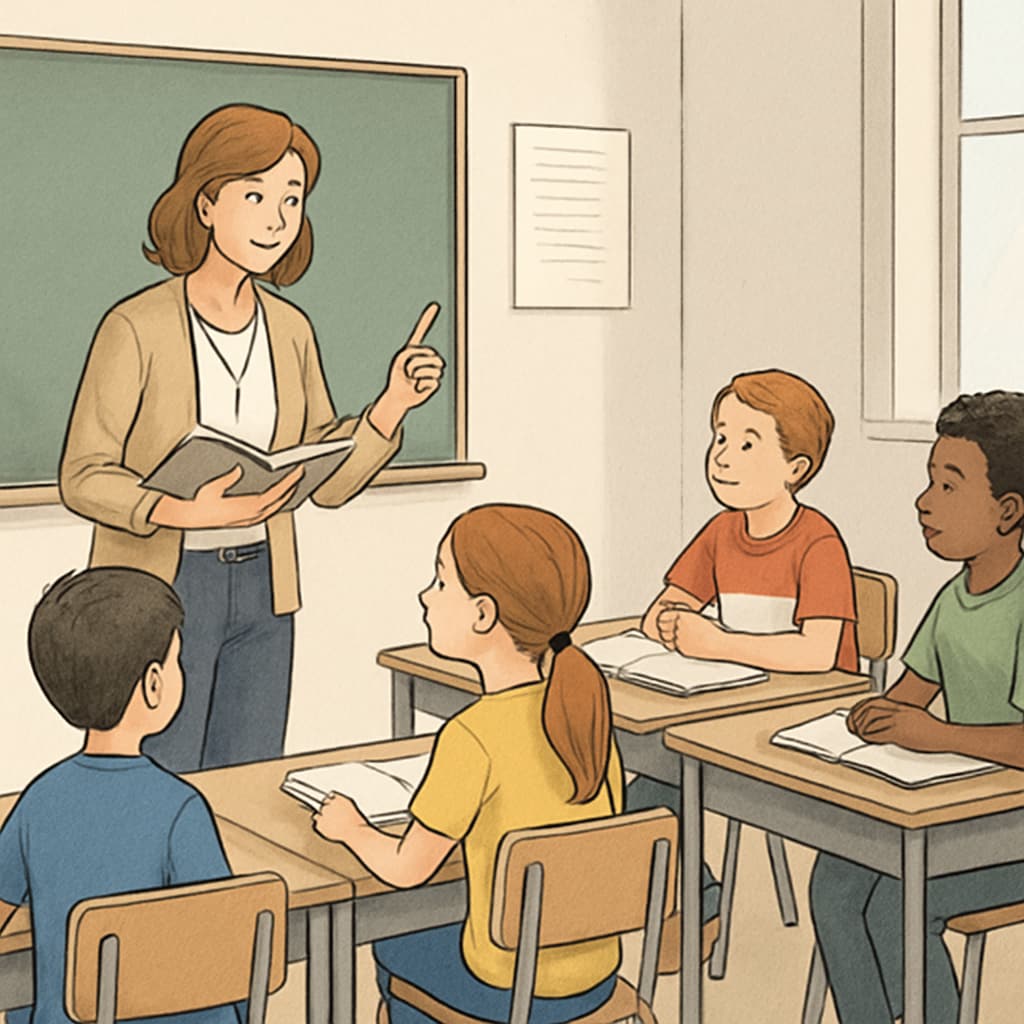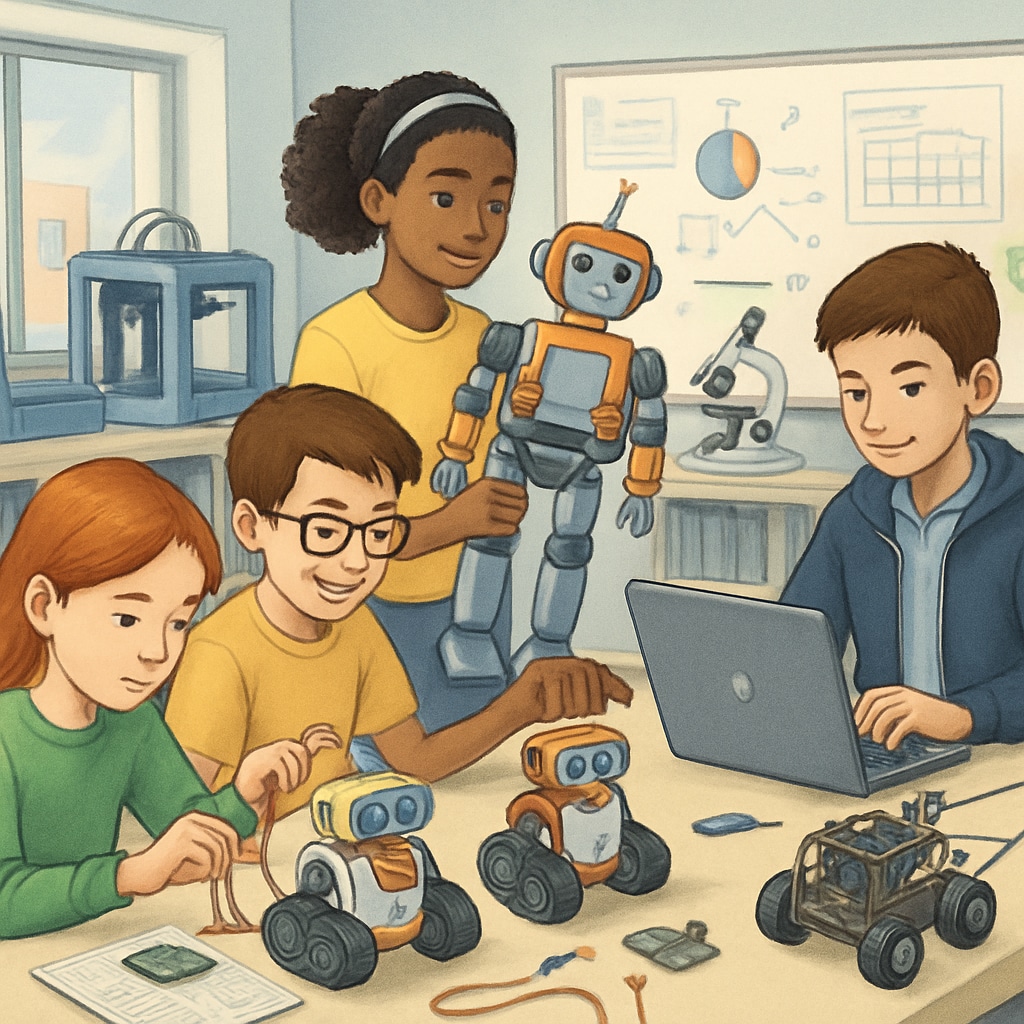When it comes to “school choice, public vs private, education quality,” the decision is rarely straightforward. Even in America’s most highly ranked public school districts, parents often choose to enroll their children in private schools or make the switch from public to private education mid-way. Why is this the case? What hidden factors drive these decisions? This article explores the multidimensional considerations that influence families as they navigate the complex landscape of K-12 education, helping parents align their choices with their children’s unique needs.
Beyond Rankings: Why the Best Public Schools May Not Be Enough
Public school districts that boast stellar rankings are often seen as the gold standard in education. These districts typically offer strong curricula, advanced placement (AP) courses, and access to extensive extracurricular activities. However, rankings alone do not always capture a school’s ability to meet every child’s needs.
For example, public schools often face constraints such as larger class sizes and standardized teaching approaches. While these systems work well for many students, they may not provide the personalized attention or specialized programs some children require. Parents of gifted children or those with learning differences may find private schools better equipped to address these challenges through tailored curricula and smaller student-teacher ratios.

The Role of Culture and Community in School Choice
Another critical factor in the public vs private debate is the cultural and community environment of the school. Public schools, particularly in high-performing districts, often reflect the diversity of their communities. While this diversity can be enriching, some parents may prioritize a more controlled cultural environment that aligns with their family’s values or educational philosophy.
Private schools often emphasize a specific mission or ethos, whether it’s religious instruction, a focus on arts and sciences, or a globally minded curriculum like the International Baccalaureate (IB). These specialized environments can make private schools attractive for families seeking a particular educational framework or community atmosphere.
Flexibility and Resources: Advantages of Private Institutions
Private schools frequently have more flexibility in their curriculum and resources. They are not bound by state-mandated testing or curricula, which allows them to innovate and adapt more quickly to educational trends and student needs. Additionally, private schools often invest heavily in facilities, technology, and extracurricular programs, providing students with opportunities that may not be available in even the best public schools.
For example, a private school might offer state-of-the-art STEM (science, technology, engineering, and math) labs, extensive arts programs, or unique extracurriculars like robotics or equestrian clubs. This wealth of resources can give students a competitive edge in college admissions and career preparation.

Cost vs. Value: Is Private Education Worth It?
Of course, one of the most significant considerations for families is the cost of private education. Tuition can range from $10,000 to over $50,000 per year, depending on the school and location. For many families, this expense may seem prohibitive, particularly when high-quality public schools are available at no additional cost.
However, parents who choose private schools often view this cost as an investment in their child’s future. They may prioritize factors like smaller class sizes, specialized programs, and access to elite college counseling services. For some, these advantages outweigh the financial burden, especially if the public school system cannot meet their child’s specific needs.
Making the Right Choice for Your Family
Ultimately, the decision between public and private education is deeply personal and depends on a variety of factors. Parents must consider their child’s learning style, interests, and social needs, as well as the family’s values and financial situation. Visiting schools, speaking with educators, and understanding each institution’s unique strengths can help families make an informed choice.
It’s also worth noting that the choice is not always permanent. Many families start in one system and transition to another as their child’s needs evolve. Flexibility and open-mindedness are key to navigating this important decision.
In conclusion: While top-ranked public schools provide excellent opportunities for many students, private schools can offer unique advantages that make them worth considering. By evaluating the full spectrum of factors, families can ensure they choose the best educational path for their children.


